Iran FM hails 'resilience' of Palestinians in talks with Qatar, Egypt counterparts
Iran's foreign minister hailed the resilience of the Palestinian people and resistance forces as he discussed with his Qatari and Egyptian counterparts a ceasefire deal that is set to end the 15-month-long Israeli genocidal war on the besieged Gaza Strip.
During a telephone conversation on Thursday, Iran's Foreign Minister Abbas Araghchi and his Egyptian counterpart, Badr Abdelatty, discussed the developments in Gaza, the truce deal, and issues related to Tehran-Cairo relations.
Araghchi welcomed the agreement, which is meant to establish a ceasefire in Gaza and halt the crimes of the occupying regime against Palestinians.
He also thanked Egypt for its efforts to facilitate the ceasefire and voiced hope that the arrangements outlined in the agreement would be fully implemented.
Abdelatty, for his part, expressed his satisfaction with the achievement of the ceasefire agreement and hoped that its implementation would help alleviate the suffering of the people of Gaza.
In a separate phone call on Thursday, the top Iranian diplomat exchanged views with Qatari Prime Minister and Minister of Foreign Affairs Sheikh Mohammed bin Abdulrahman Al Thani on the Gaza truce and other topics of mutual interest.
Araghchi expressed his satisfaction with the deal, attributing it to the "steadfastness and resilience of the resistance and the people of Gaza against 15 months of Israeli genocide."
The Iranian foreign minister further appreciated Qatar's efforts to secure the ceasefire, emphasizing the urgent need for the international community to address the Palestinians's living conditions in Gaza, particularly through the immediate provision of humanitarian aid, assistance to refugees, and the reconstruction of damage caused by the Zionist regime’s aggression.
The top Qatari diplomat, in turn, provided a detailed account of the negotiations leading to the ceasefire agreement.
He also expressed appreciation for the principled stance that the Islamic Republic adopted on supporting the Palestinian people, especially over the past 15 months.
Qatar announced on Wednesday that Israel and the Palestinian Hamas resistance group had agreed to a ceasefire.
The truce is expected to come into effect on January 19 and includes three phases, each of which will last 42 days.
The first phase will see the release of about 1,000 Palestinian abductees, including those with lengthy sentences, in exchange for 33 Israeli captives held in Gaza. It also requires Israeli occupation forces to begin withdrawing from the Philadelphi corridor - also known as the Salah al-Din axis - on the Gaza-Egypt border.
In a statement, Iran's Foreign Ministry said the ceasefire deal is the "result of unparalleled resistance, courage, bravery, and endurance of the great people of Palestine and Gaza in the face of one of the largest genocides and population displacements in history. "
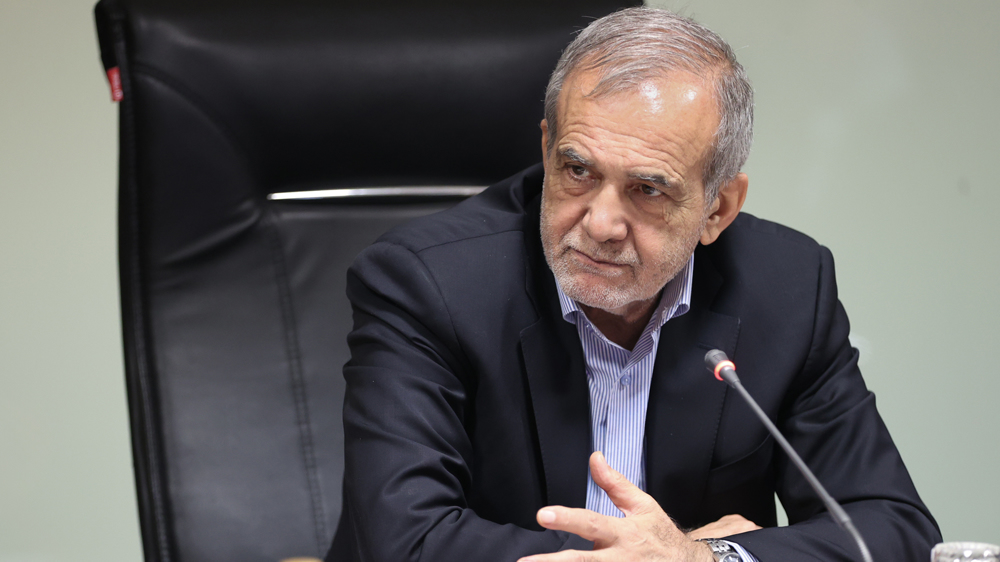
US threats contradict its calls for diplomacy, Iran open to talks on ‘equal footing’: President
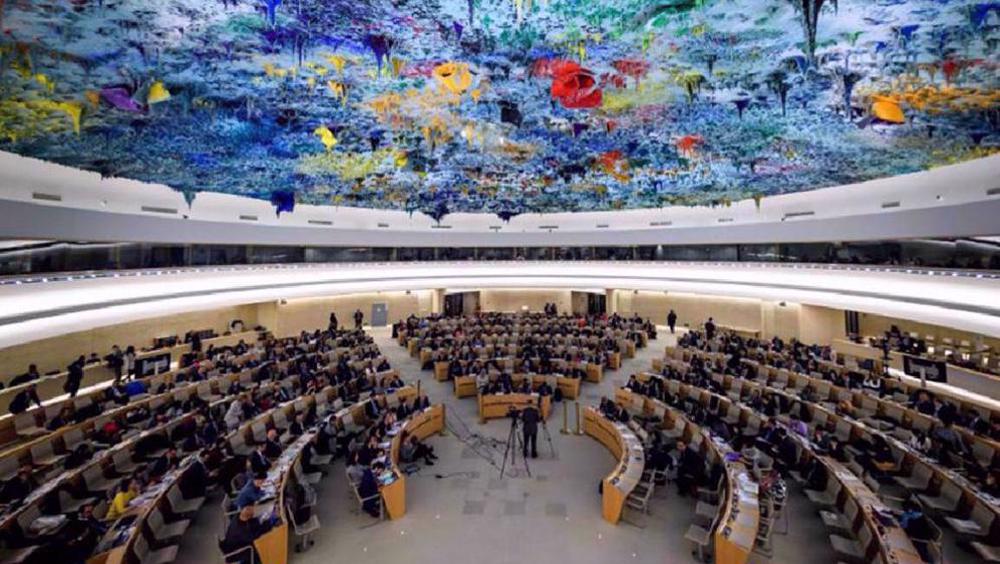
Iran slams West for exploiting UN Rights Council for political pressure
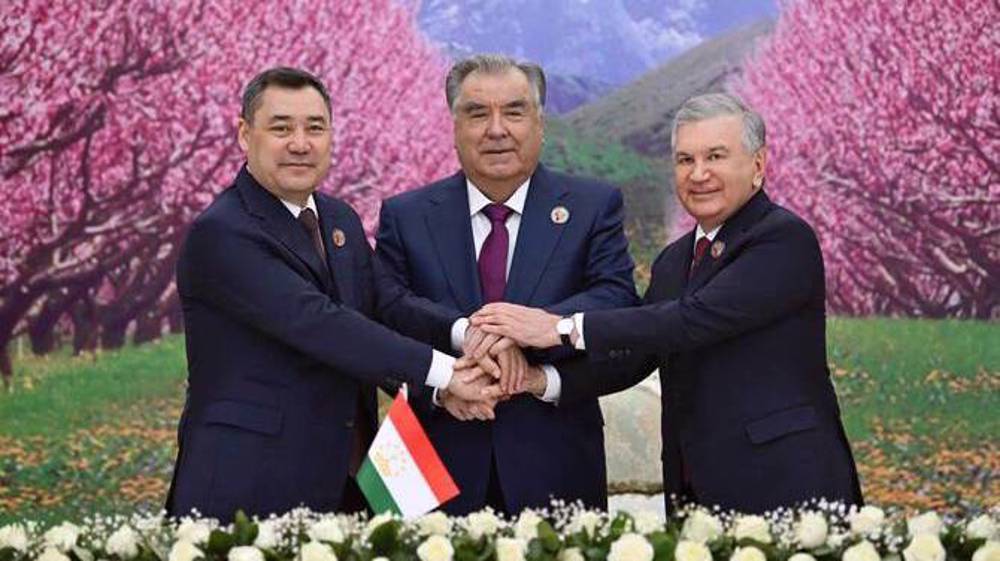
Iran hails Kyrgyzstan-Tajikistan-Uzbekistan border deal
Hamas, Palestine Red Crescent urge independent probe into Israel’s killing of aid workers
Columbia University laid groundwork for my abduction: Detained student
US threats contradict its calls for diplomacy, Iran open to talks on ‘equal footing’: President
Hamas says 19,000 children killed in Gaza, calls for prosecution of Israeli leaders
Lebanon calls on US to stop Israeli strikes, ceasefire violations
VIDEO | Footage reveals aid workers killed in Gaza under Israeli fire, debunking regime’s claims
Autopsy finds teenage Palestinian died of starvation in Israeli prison
Year of Investment in Production in Iran


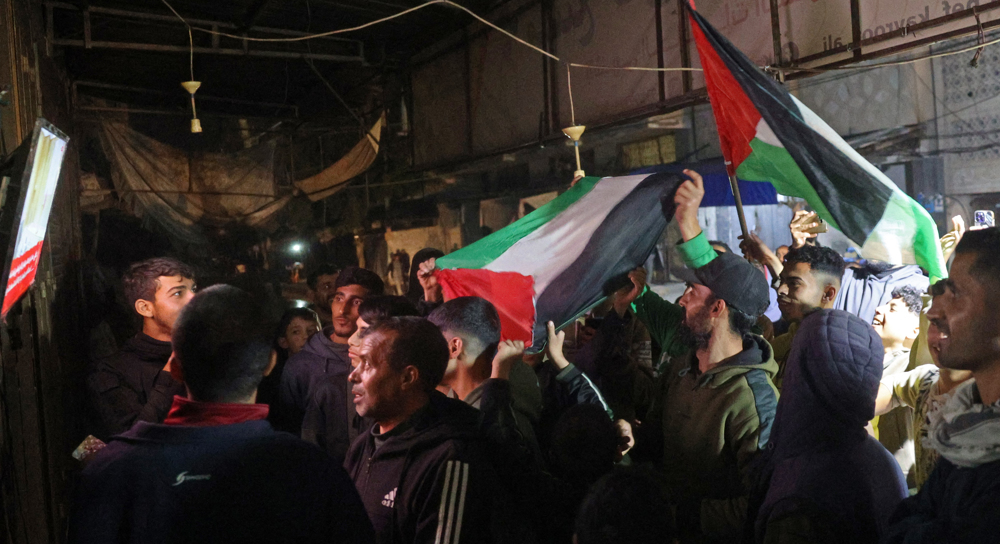




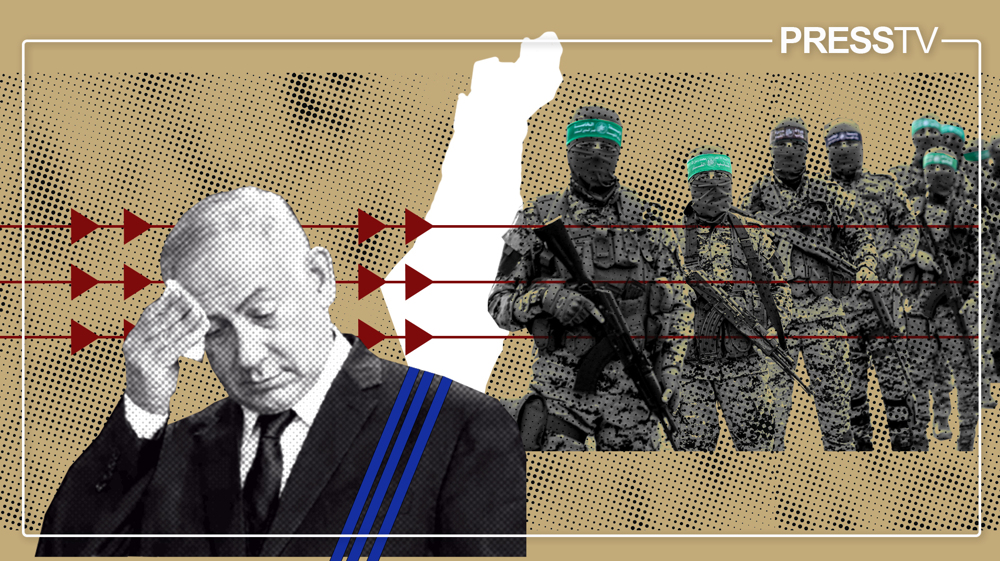
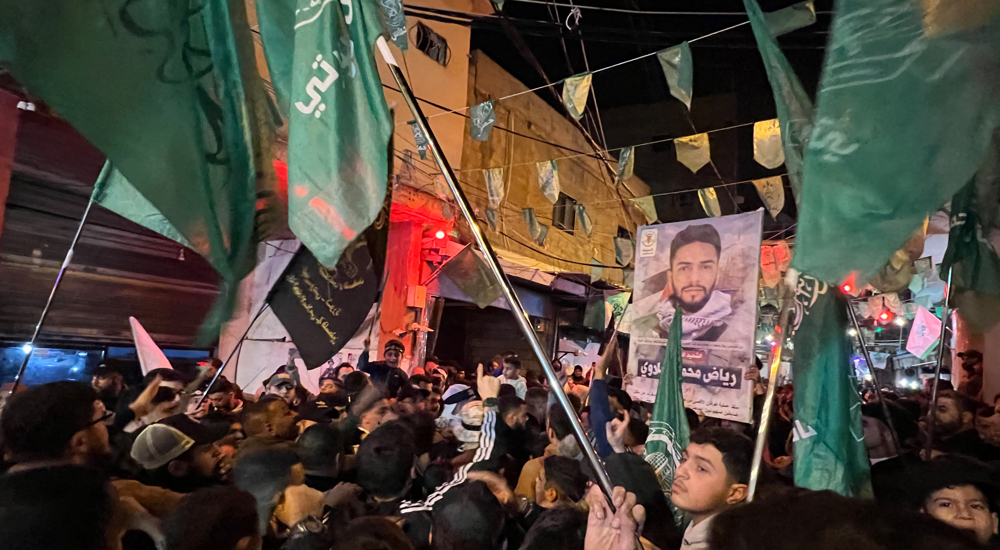
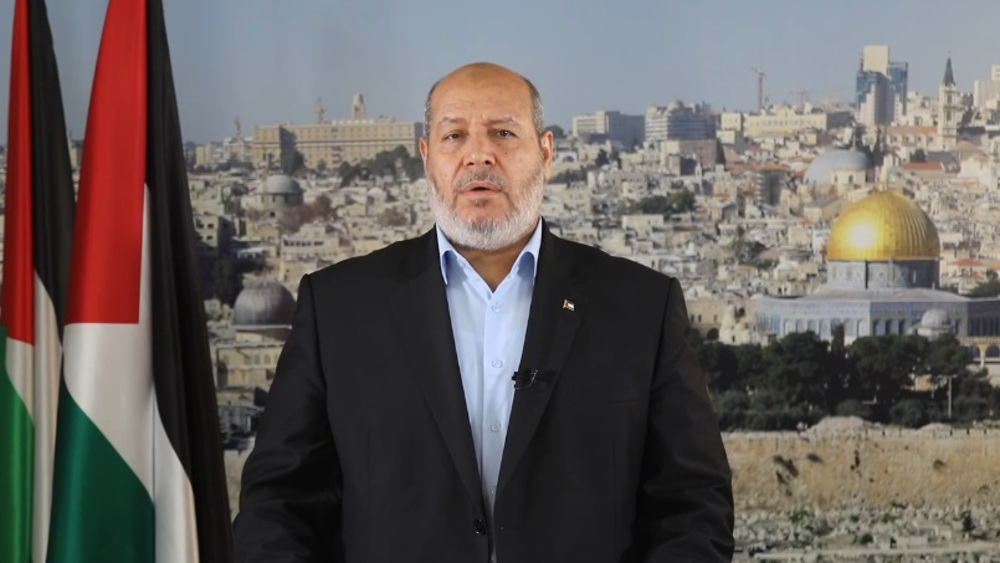
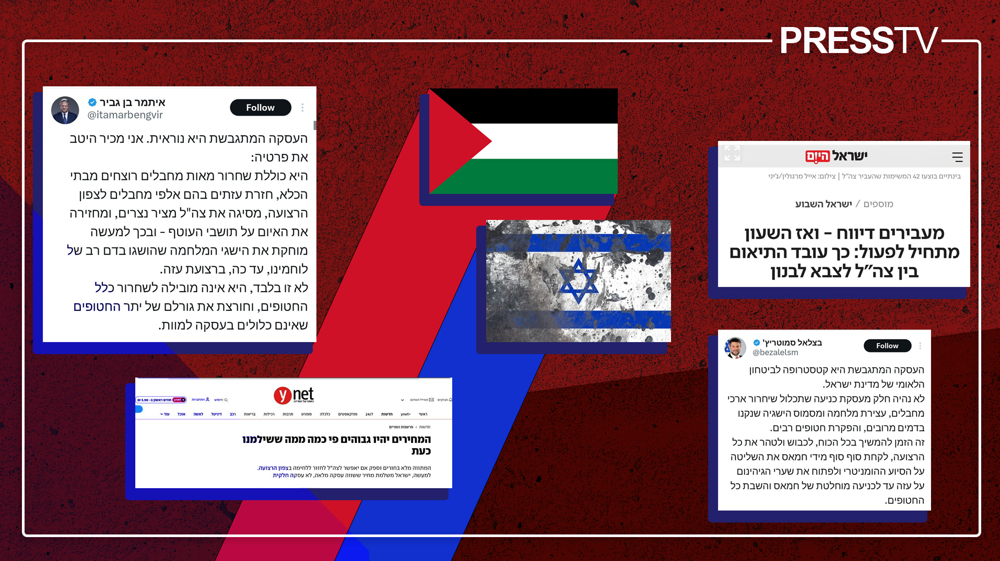
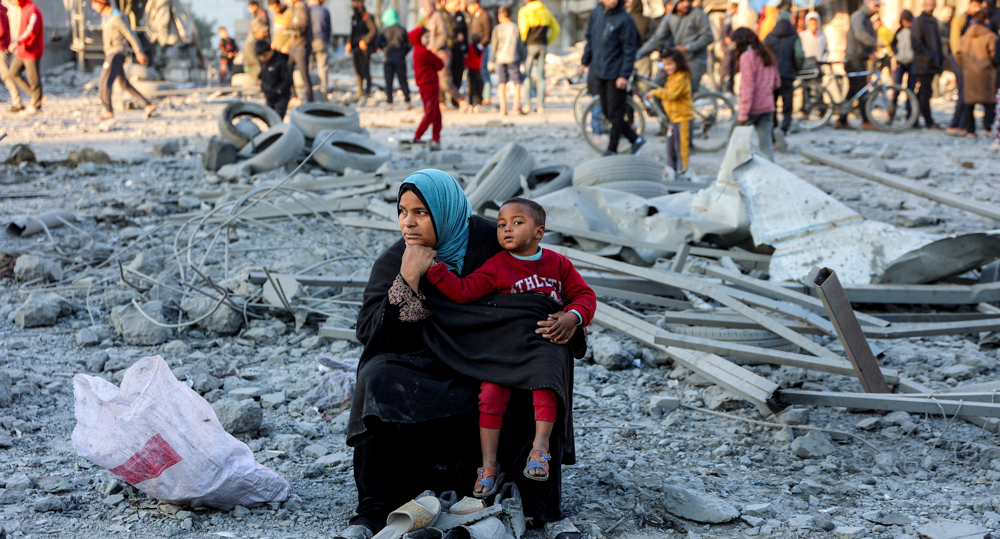

 This makes it easy to access the Press TV website
This makes it easy to access the Press TV website